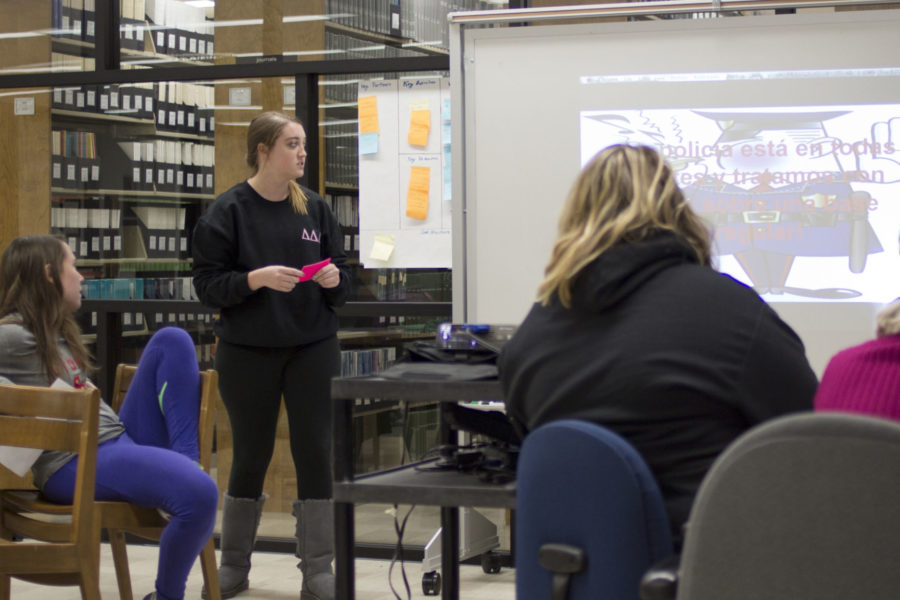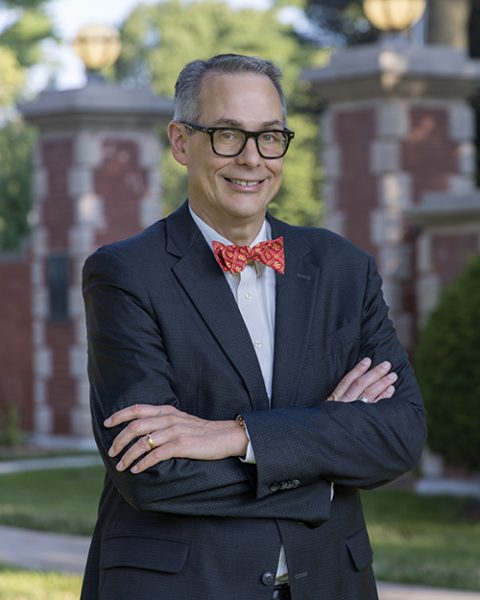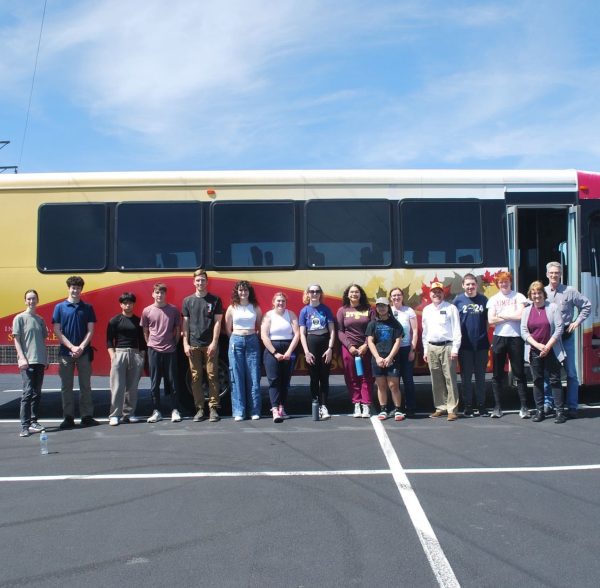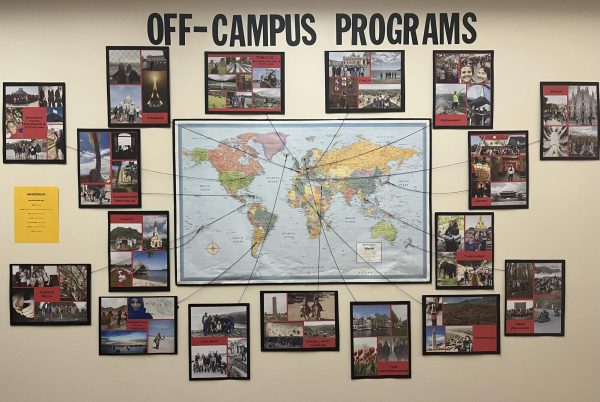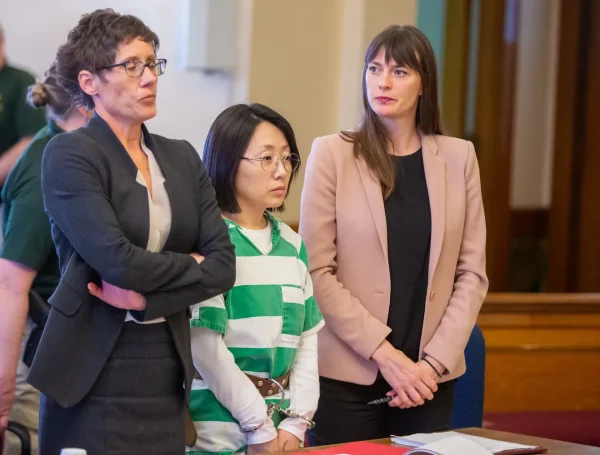Culture class brings revolution to campus
November 12, 2014
The Okupación movement in Spain is a youth led revolution with a mission to create an inclusive space where people are free to be themselves. Simpson College’s Spanish 201 students immersed themselves in the Spanish culture with a weeklong string of classes and events for the Simpson community surrounding this movement.
Okupación in Spain has been occurring since 1980 and has Spanish youth taking over abandoned spaces in order to improve the community they are in. The goal is to give individuals in the community a voice for social and political change. The students are doing their own Okupación in Dunn Library with each student teaching a bilingual class about a topic of their choice.
“When looking at intermediate language courses, we try to have a role play component to experience culture first hand,” Tracy Dinesen, associate professor of Spanish, said.
The class has students learning about different viewpoints on private property, social responsibility and community.
“In order to really understand the culture and the movement, they have to do it,” Dinesen said.
The goals of the Simpson Okupación movement are to promote an inclusive environment where stereotypes are challenged, give the community a safe space to express themselves and provide the opportunity to explore other cultures and points-of-view.
The first event was a rally where Spanish 201 students asked the Simpson community to sign a pledge to make Simpson an inclusive campus that promotes authenticity of self and accepts diversity of perspectives, according to Tracy Dinesen’s note to the Simpson community.
“People were actively saying no to signing the pledge,” Dinesen said. “The refusals show Simpson needs to have more conversations about what inclusion means. We’re raising awareness that it’s something we want and something we have, but don’t talk about and we need to face it head on and be proactive.”
Dinesen does a lot of project based learning in her Spanish classes, allowing students to dive into the culture rather than just learn the language.
“I hope students come away knowing they have the ability to be a part of the community and make a change,” Dinesen said. “It’s also an opportunity to compare cultural phenomena to the U.S. and increase confidence in speaking Spanish with each event being bilingual.”
The role-play aspect of the class gets students away from vocabulary lists and has them become a part of the culture.
“A lot of who you are is the creative side, not just the academic side,” Dinesen said. “The class is extreme language learning because we want students to experience the culture in a safe way, but also get them out into the world and learn new perspectives.”
Dinesen and her students hope the Okupación Simpson movement will help promote diversity on campus. “There is a very narrow view of diversity among most people,” Dinesen said. “Students may think diversity means only ethnicity or race and nothing more, but Simpson has a lot of diverse perspectives, backgrounds and talents.”
The programs throughout the week were student created and led. Students gave presentations in Spanish on various topics including feminism, civil rights and self-expression.
“You learn a lot about the culture in this class, rather than just learning a language and being told to remember it,” Hannah D’Hondt, sophomore Spanish major said. “We build the vocabulary into the class and it has been easier to learn the language.”
D’Hondt encourages students to study a world language and culture because it gives them a better understanding and a different way to look at the world.
“This class is a great opportunity for students and the Simpson community,” D’Hondt said. “How many classes do you not have a book and instead learn about a youth movement and become part of the culture? This project is an attempt to make campus more diverse and show that Simpson is trying to reach out to other cultures and learn about them.”
The Okupación movement will end Friday, but will not be the last one. The movement will occur next spring, when Spanish 201 is offered again.
“You’re not always going to understand everyone or everything, but experiencing a new culture or hobby can be very freeing,” Dinesen said. “The goal is to have students realize there are different ways to look at diversity and several ways to build community.”



